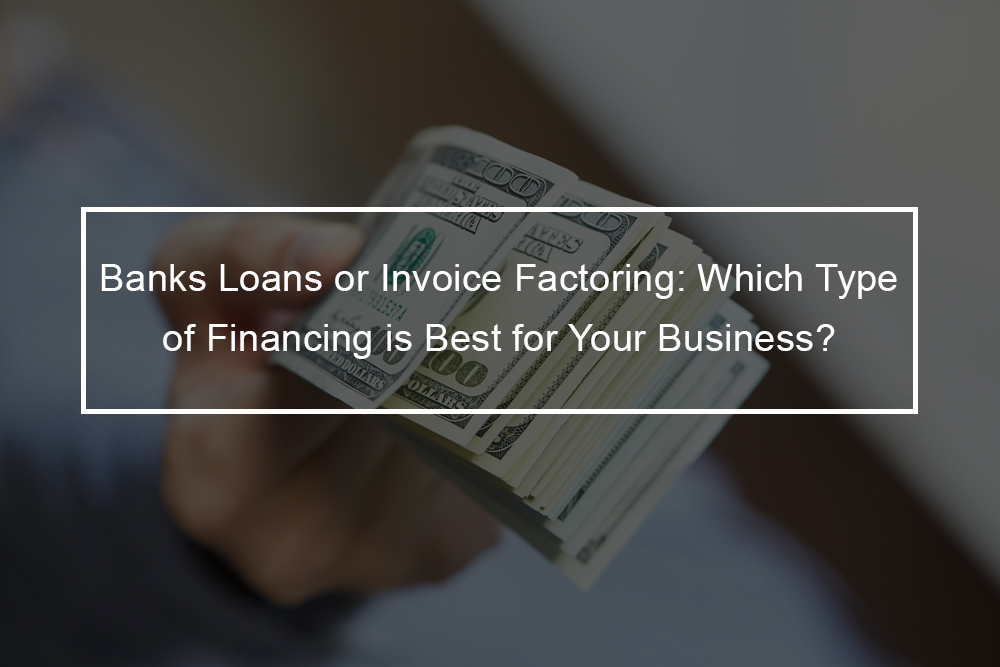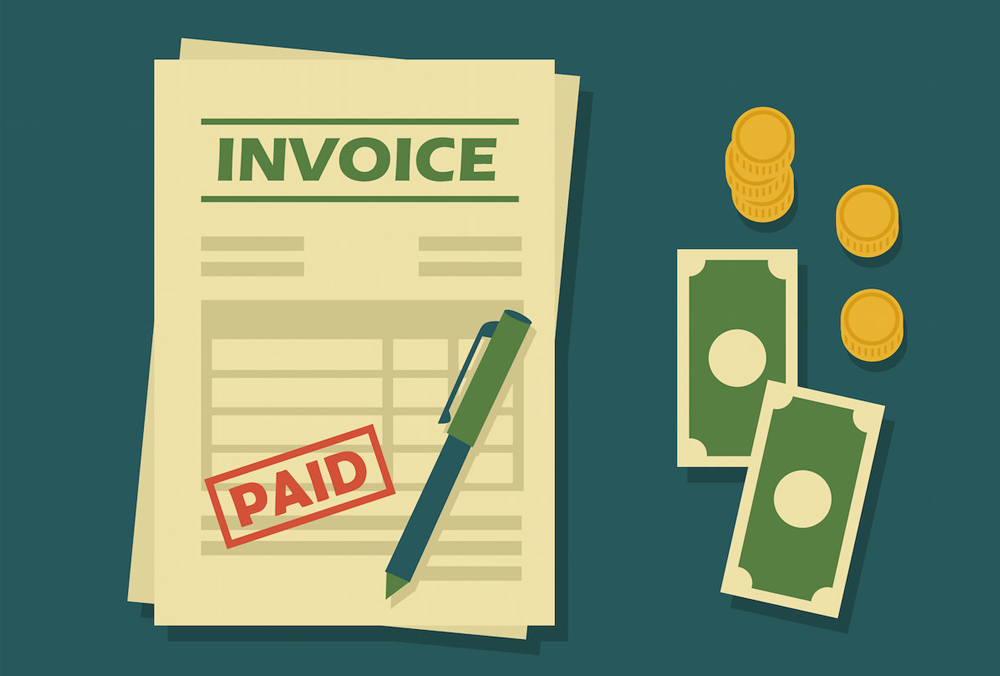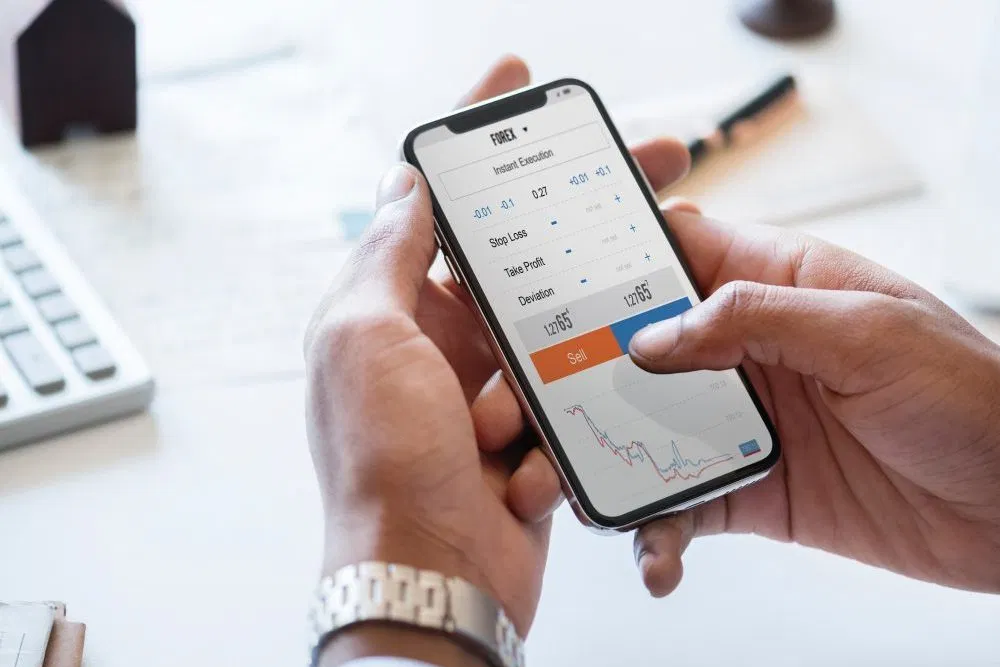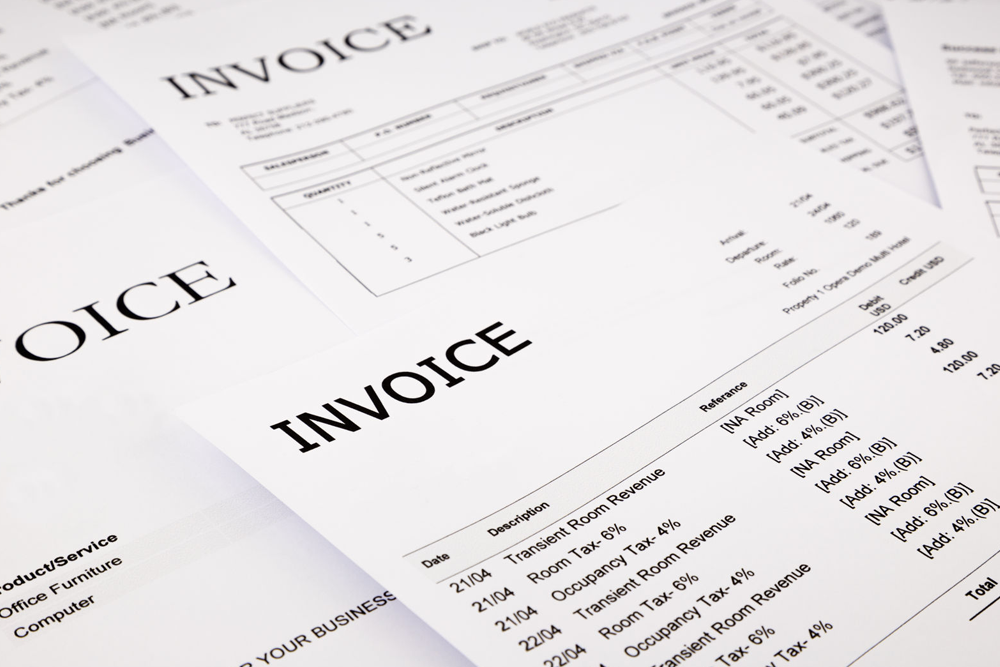Today’s economic environment is exceptionally uncertain and volatile. Each day might bring new threats to your business’s survival and growth opportunities. For small businesses, like yours, cash-flow is, by all means, one of the essential topics to keep in mind when making everyday business decisions. Challenges and changes usually require stronger cash flow and additional capital, which small businesses might not be able to solve immediately. Today, we decided to compare two of the most viable solutions for companies to quickly improve cash flow: bank loan and invoice factoring.
What is a bank loan?
The first option is usually to seek a ‘traditional’ bank loan. With a business loan, the borrower can get the money to improve short to medium cashflow and maintain working capital. Financial institutions and banks will lend money on conditions that the business owner pays back the borrowed amount with an applied interest rate. The interest often depends on the risk profile of your company. A basic prerequisite to paying the agreed-upon amount in time. Another possible complication is lending qualifications, approval time, and documentation.
Today, most business owners have also moved from a traditional bank lending to a more modest peer-to-peer lending model, where you, as a business, borrow money directly from investors. There are both benefits and drawbacks of such an approach – on the one hand, financing might take longer to receive, and you will often need to prepare a pitch instead of a traditional package of business documentation.
What is invoice factoring?
Invoice factoring, a.k.a account receivable factoring, is a second way to fund your company quickly.One of the business assets is account receivable, which comprises debts that are owed to a business. Factoring companies are purchasing those debts (unpaid invoices) on a discounted price in exchange for the instant payment. Typically, invoice factoring is solving the cash flow issues resulting from long-term transactions or slow-paying customers. Historically, banks have been more reserved or charging heavier factoring commissions to small companies. Nonetheless, as the economies strengthen, these barriers seem to diminish gradually.
Invoice factoring vs. bank loan: What is the difference
Typically, a bank loan is a withdrawal from a financial institution or a bank, where the business incurs debt. In contrast, invoice factoring is a transaction in which the business is selling outstanding invoices. Both transactions are recorded very differently on your financial statements. Another difference between invoice factoring and bank/peer-to-peer financing/ is that with accounts receivables entails the ownership of the invoices. Banks require the borrower to pledge invoices as collateral or assign collateral for a loan, whereas under invoice factoring, the financial institution is actually purchasing invoices themselves.
That brings us to the next difference: with invoice factoring, the business owner is freed from chasing clients for their invoices, since it is not entitled to the money anymore, which can also be useful in case of risky clients and to fighting bad debt. Unlike banks, invoice factoring is primarily based on your clients’ credit quality, not your business history or your own credit. While most banking institutions look at the same documentation as factoring companies, factors focus primarily on your customers’ quality.
In both situations, business owners have to shell out some money. When it comes to the bank loan, it is an interest rate, whereas, in invoice factoring, it is a difference between the discounted price and real value of the invoices with which you are selling it. Ensure you consider all options on a table before deciding how to optimize your cash flow and shop around since requirements and conditions between different financial intermediaries will differ strongly depending on interest to attract you as a client and their risk appetite.
Which is best for your small business funding: bank loan or invoice factoring?
If you own a company that has a long history of favorable profits and cash flow or is well-capitalized, then a bank line of credit may be the ideal choice. However, if you are a new business—or one that might have had a significant hiccup somewhere along the road—then invoice factoring is more sensible.Invoice factoring offers you instant cash flow without creating debt on your balance sheet, and it is virtually an unlimited source of working capital. While banks require a wide range of financial statements and collateral, often refusing businesses that need additional financing but can not meet the stringent borrowing requirements to qualify for a new bank loan. Here are more reasons why invoice factoring is better than bank loans.
Invoice factoring generates cash faster compared to bank loans
When you choose financing through a bank, you will have to wait anywhere from thirty, sixty, or even ninety days just to get approved for financing. This can be detrimental to companies that are really struggling. Without fast financing, your daily operations will be put on hold, your staff will not get paid on time, and most likely, there will be no cash justify to pay yourself. But with invoice factoring, your company can get funded in just twenty-four hours or less. When you opt for invoice factoring, your business will work directly with an invoice factor to get an up to 96-percent cash advance on your company’s unpaid invoices. The factor will approve your unpaid invoices’ value depending on your clients’ credibility, instead of your own finances, giving your company a better opportunity for financing. By selling your unpaid invoices to a factor, you will be able to generate strong cash flow and get paid immediately for your work. You will always have access to working capital to ensure that your business will stay afloat during slow times and rapid growth.
Invoice factoring enables you to manage credit
All companies have some kind of debt. To start a business, you most possibly had to incur some kind of financing to stand on two feet. We come across many business owners that allow this debt to haunt their credit for a lifetime. By using invoice factoring, your business can begin securing a strong source of working capital. The more unpaid invoices you factor, the more consistent your cash flow becomes, enabling you to manage debt better and boost your credit score back up. With invoice factoring, you can take your boost credit score over time to a point where taking on a bank loan becomes more feasible. Invoice factoring services help set your company up for major potential growth.
You can avoid accumulating additional debt with invoice factoring
Just as there are numerous types of business loans that you can obtain from a bank, there are also many different invoice factoring kinds. Typically, non-recourse invoice factoring is a threat-free form of financing that puts all of the invoice factoring company risks. When you utilize non-recourse invoice factoring, the factor takes on the risk of repayment if your customer does not complete payment on the invoice factored. This enables you to obtain a major cash advance without worrying about owing those funds back again. This debt-free financing solution will help keep your business’s credit safe regardless of what happens after the invoice has been factored.
No limitations or caps
Usually, bank loans have a maximum amount that can be borrowed. After you have reached the limit you have been approved for, you will have to re-apply if you require additional funds. In contrast, the amount of money available via invoice factoring is directly related to your sales volume. Typically, the more sales you close, the more invoices you will be able to factor. As your sales and business volume grows, you will have access to even more cash through your receivables.
More cost-effective
Even though bank financing is generally less expensive, invoice discounting and invoice factoring (what is factoring) includes several services that can reduce your administrative costs. Fees often include services such as determining credit limits for your customers, investigating your customers’ credit health, and collecting receivables. By having these responsibilities done for you, operating efficiencies are created, saving you time and money. There is also no commitment with working capital financing, enabling companies to finance on an as-needed basis. From this outlook, when you factor in loan rates, conditions, and terms, traditional bank loans can probably end up costing you much more money in the long run.
Less risk involved
Banks usually require companies to use not only the business’ assets as collateral but also personal assets as well. But with invoice factoring, there are no personal guarantees, so you do not have to risk your personal assets to finance your company.
The costs of invoice factoring
Whereas invoice factoring might prove perfect for your company, we recommend familiarizing yourself with its costs, so you are fully prepared. Here are a few things to consider:
- For every invoice factored, you will lose some revenue.
- The lack of book debts available as security might prevent you from obtaining other kinds of funding.
- Some businesses become reliant on the improved cash flow, making it challenging to stop utilizing this funding source.












